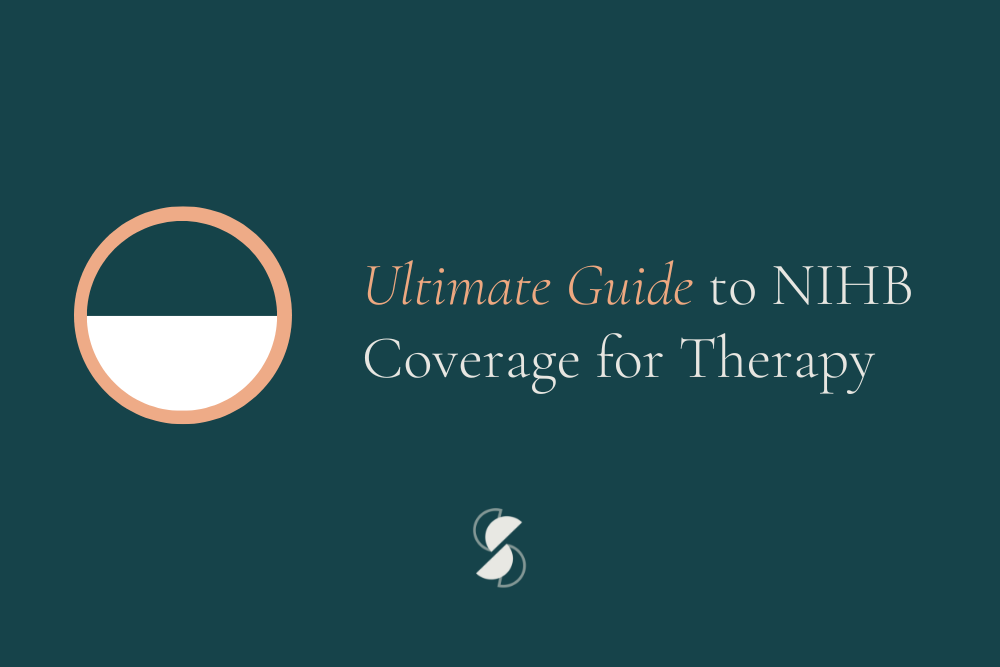3 Lessons From My Summer With 2 Concussions

Overcoming The Fogginess
Before this summer, I’d never had a concussion. By the end, I had two.
A number of people close to me have had concussions over the years, so I’d heard a lot about them. I couldn’t understand the fogginess they mentioned, the need to retreat, the difficulty in multitasking or the need to limit screen time. Simply put, I didn’t get it. And then I got two concussions in rapid succession.
The Details
Back in May, on a family trip to Italy, I hit my head while leaving a bedroom in an Airbnb. The door frame was, shall we say, prehistoric, at less than five feet tall. I was ducking down to leave the room when I stumbled and had to shuffle to catch my footing, only to smack the top of my skull squarely on the door frame.
I fell to the ground and blacked out. I could barely get up. For the first two days, the symptoms were nothing short of awful. I followed the sage advice of my partner and stayed inside, away from light and screens, unable to bear any noise or visuals whatsoever. Within a week I was able to explore and enjoy the trip again but by no means was I well or feeling like myself.
The second concussion followed two months later. I was carrying some heavy things into my house and I stepped up to the side door awkwardly. I hit my head—the same spot as before—on the support beam for the awning. I felt nauseated immediately and there was this awful ringing in my ears.
The Aftermath
As someone that co-manages a business and does a lot of workshops and speaking, the combination of these concussions started to show up in ugly ways. All of a sudden, finding the words to express myself was hard. Clear thought was basically nonexistent. Writing became a challenge. I didn’t feel like me.
I was irritable, flustered, incapable of being calm or present. Even responding to a simple text or email became something that would cause me an overwhelming amount of stress. Because I couldn’t express myself, I began to isolate myself from my friends, my partner, my team, and my family.
The Lessons
Out of all of that—once I got honest with myself—I learned three major things that have helped me immensely:
- It wasn’t the real me. Understanding that my irritable moments or my flustered ways weren’t really me being a bad person was really important. Shame and self-loathing is all too easy when we’re in a vulnerable state. Gaining perspective by reminding myself that “this isn’t me, this is my concussion” was critical because I could separate one from the other, and keep hope that this was only temporary.
- There’s no shortcut. I love a good productivity hack. But in this case, there was no way to get through other it aside from taking steps to limit activities that brought on concussions symptoms and take care of myself more broadly. There’s no magic elixir. The only way out is through.
- There’s a bigger lesson. Like many people, I have a hard time asking for what I need from others. But in this case, I had no choice. I had to let my family, friends, and team know how was doing and share my limitations. Much to my surprise, those around me were genuinely happy to me make adjustments—from calling me instead of texting (so that I could avoid screen time), to checking in to see if I had been taking care of myself, to helping take things off of my plate. As someone who has a hard time with delegating in all areas of life, this was a powerful lesson. Having to focus on the bare essentials and share the load with others was actually good for me. It forced me to learn a lesson I was overdue in learning.
(I also want to mention here that none of these lessons would have come to light without the ongoing support of Megan, who was in my place a few years ago, only with a much worse concussion. That’s a story we’ll save for another day.)
It’s now been three months since my last concussion. Recovery’s been a meandering process. While I still have symptoms today, I am getting better at spotting the sensations, labelling them, and taking the actions needed to take care of myself. Plus, now that I’m letting others in, I feel supported.
For anyone who's been through a concussion, has one now, or is supporting someone else with one, know that you’re not alone in anything you’re experiencing.
Concussions are common. If there’s a positive in that ugly truth, it’s that there are so many who’ve been through or supported others through recovery, and so many people who know how to help and are ready to lend a hand.
Take the time to let someone else in on where you’re at. Tackling a concussion, as I’ve learned, takes a village. My experience has served as a powerful reminder that if you let them in, people will have your back when you need it the most.
Jordan is a Co-Founder and Partner of Shift Collab and leads our educational division, Shift People.






















